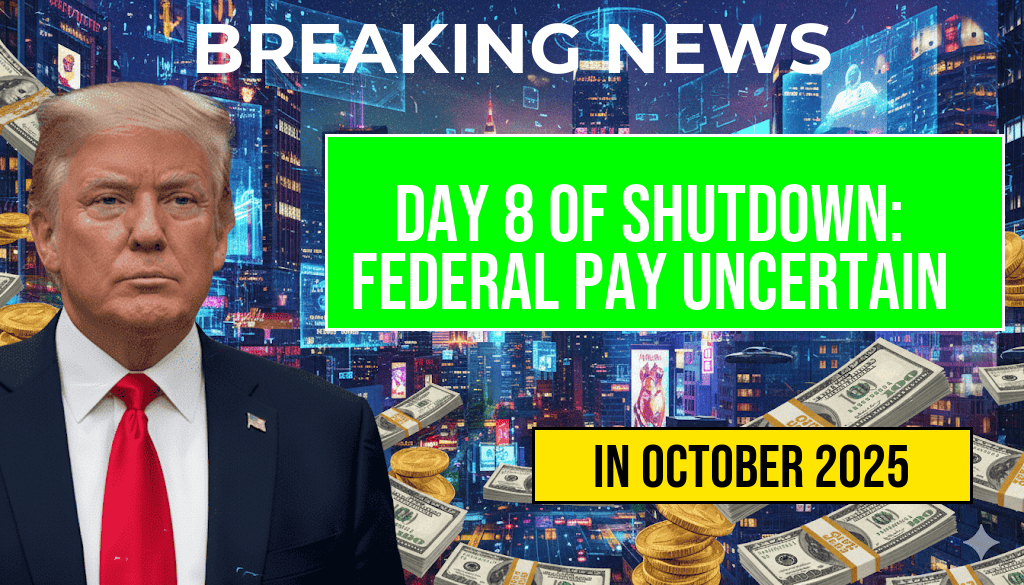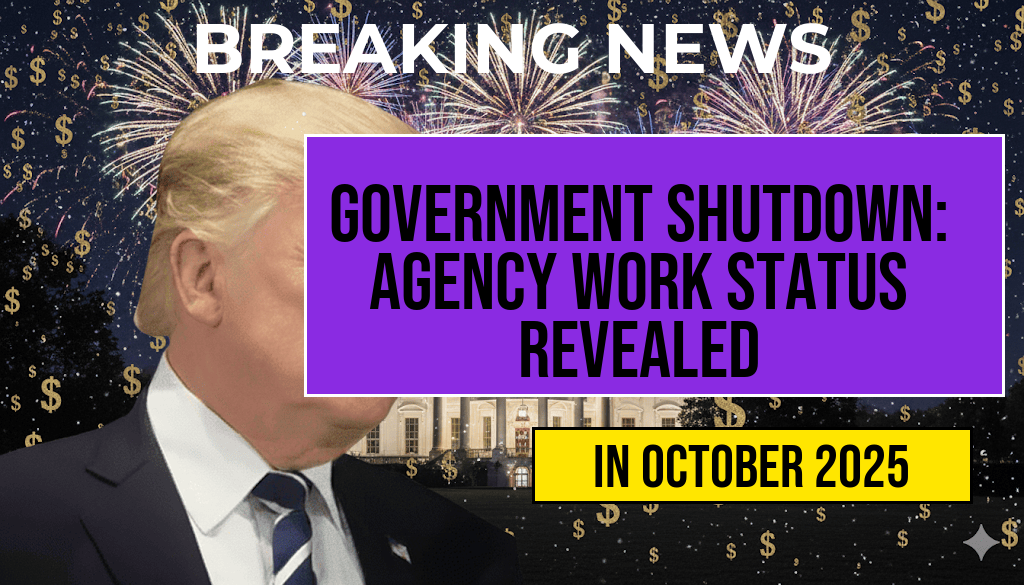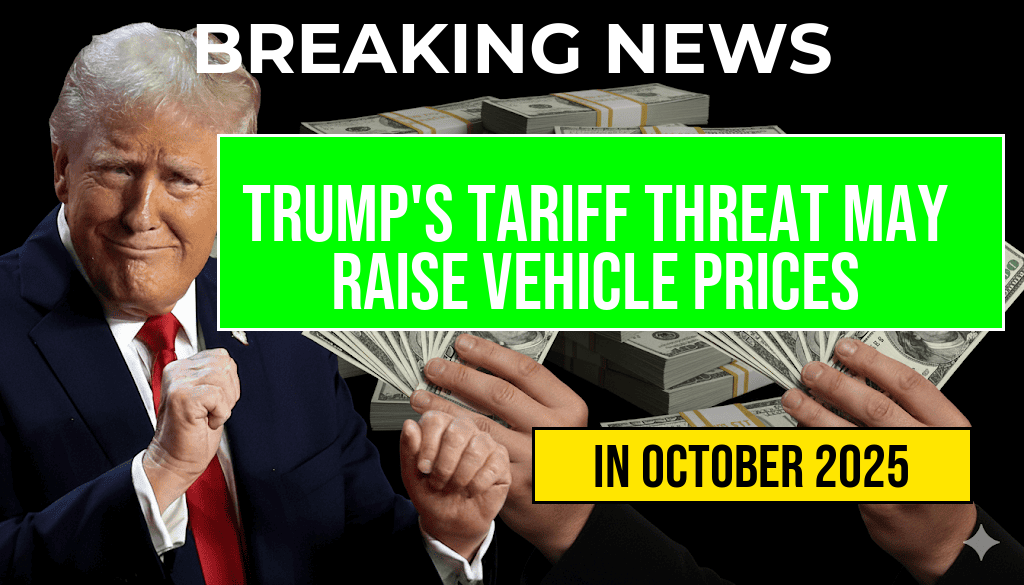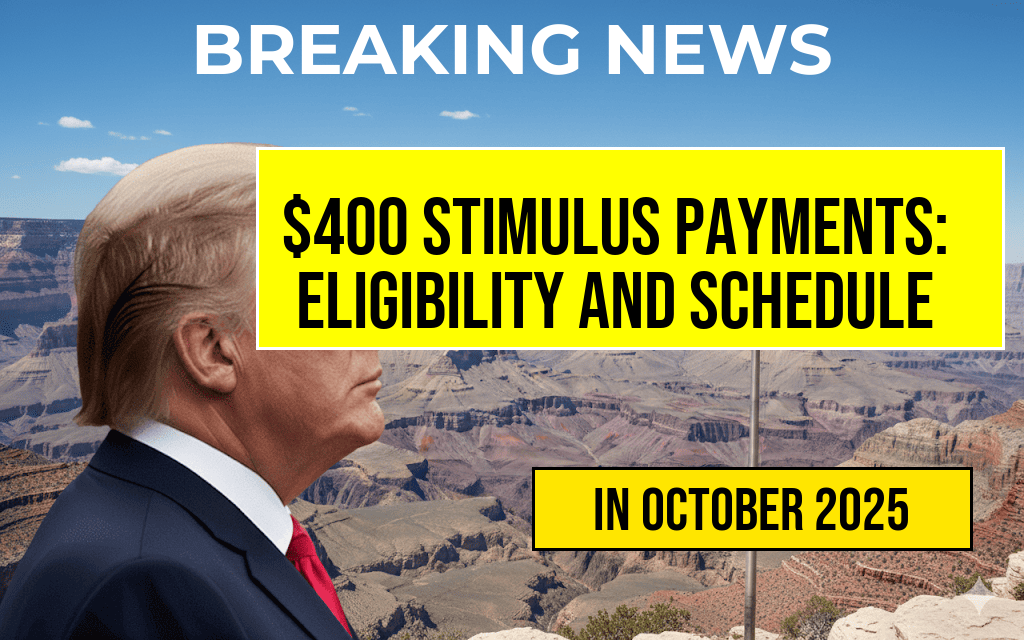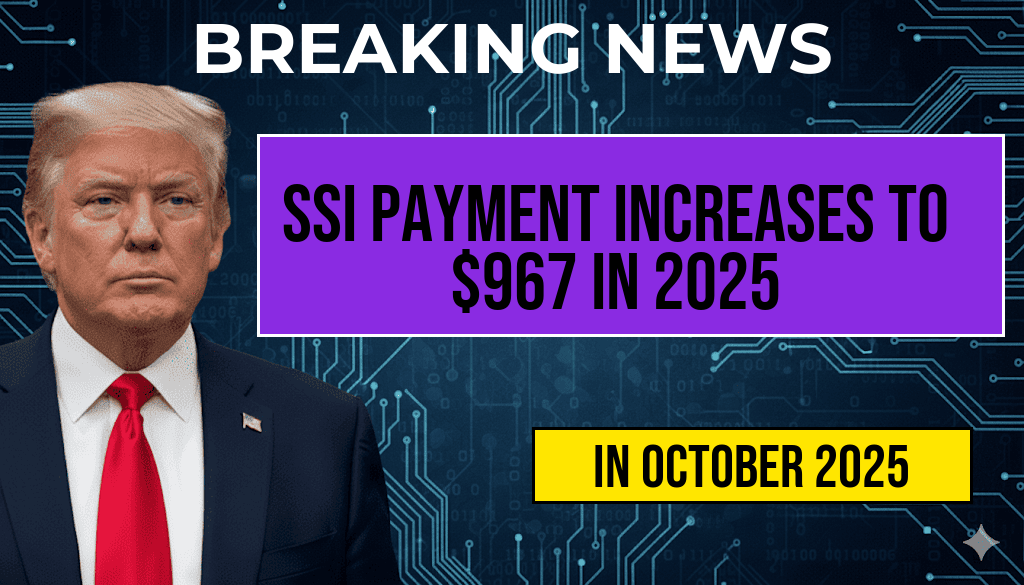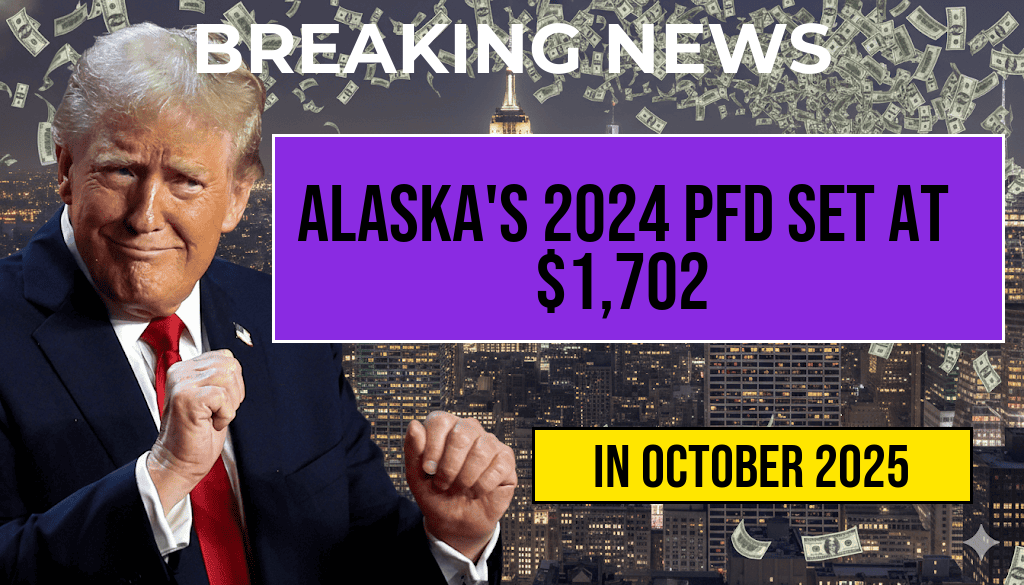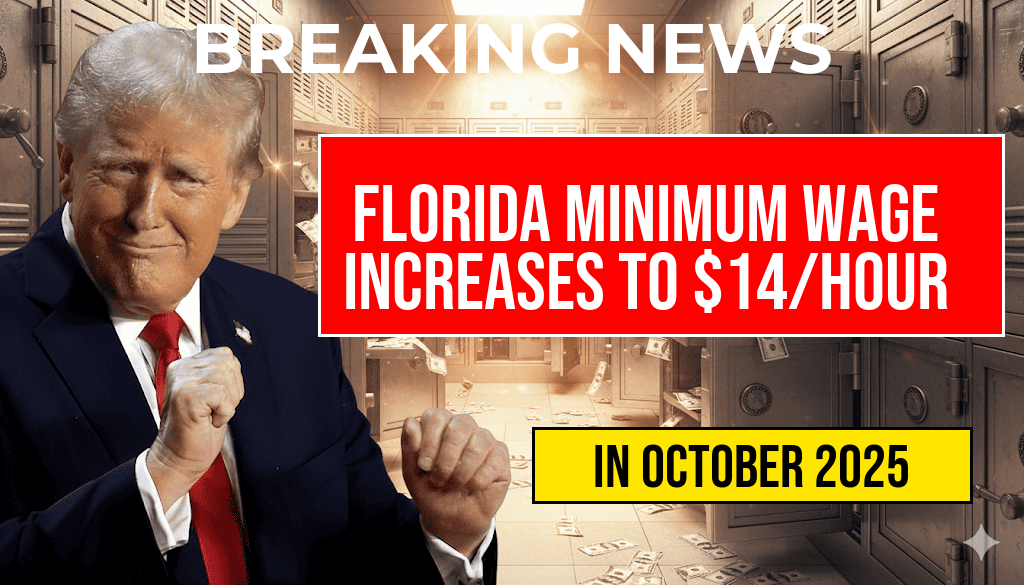Former President Donald Trump’s recent threats to impose tariffs on imported vehicles could lead to significant price increases for consumers, with estimates suggesting that the cost of new vehicles could rise by as much as $5,286. This potential hike comes as the automotive industry grapples with ongoing supply chain challenges and fluctuating demand. Experts and industry analysts warn that such tariffs could not only impact affordability but also reshape the competitive landscape of the U.S. auto market, affecting both domestic and international manufacturers.
Understanding the Tariff Impact
The proposed tariffs, which could reach up to 25% on certain imported vehicles, are part of Trump’s broader agenda aimed at protecting American manufacturing. While proponents argue that this would bolster domestic production, critics highlight that the increased costs may ultimately fall on consumers, discouraging car purchases and dampening economic growth.
Economic Implications of Tariffs
The automotive industry is a crucial component of the U.S. economy, accounting for millions of jobs and a significant share of manufacturing output. Tariffs could have several ripple effects:
- Increased Vehicle Costs: Consumers may face steep price increases, as manufacturers pass on the costs of tariffs.
- Reduced Sales: Higher prices could lead to decreased demand, impacting sales figures for both new and used vehicles.
- Job Losses: If sales decline, manufacturers may be forced to cut jobs, affecting the livelihoods of workers in the industry.
Current Market Trends
According to recent reports, the average price of new vehicles in the U.S. has already soared to around $48,000, driven by supply chain disruptions and semiconductor shortages. The introduction of tariffs could exacerbate these price trends, pushing average costs even higher. A study from the Forbes highlights that the impact of tariffs would not be limited to new cars; used vehicle prices could also see upward pressure as consumers are priced out of new models.
Industry Reactions
Automakers have expressed concern over the proposed tariffs. In a statement, the Automotive News reported that several industry leaders believe tariffs would lead to “unintended consequences” for the market. Ford and General Motors have already stated that any new tariffs could hinder their recovery from the pandemic, which has already seen significant disruptions in production.
Potential Consumer Responses
As consumers brace for potential price increases, many are considering their options. Some might delay purchasing new vehicles, while others may turn to used cars or alternative modes of transportation. The potential for increased prices could also incentivize consumers to seek out discounts and financing options more aggressively.
Conclusion
The looming threat of tariffs on imported vehicles presents a complex challenge for the automotive industry and consumers alike. While the intention behind such policies may be to protect American jobs and manufacturing, the potential consequences could lead to higher prices, reduced sales, and job losses. As the situation develops, stakeholders across the industry will be watching closely to gauge the impact on their businesses and consumers alike.
| Vehicle Type | Estimated Price Increase |
|---|---|
| New Vehicles | $5,286 |
| Used Vehicles | $2,000 |
Frequently Asked Questions
What are the potential impacts of Trump’s tariff threat on vehicle prices?
The tariff threat from Trump could lead to an increase in vehicle prices by as much as $5,286, affecting both consumers and manufacturers in the automotive industry.
How would the tariffs affect the cost of imported vehicles?
Increased tariffs on imported vehicles would likely raise the overall cost of these vehicles, resulting in higher prices for consumers who are looking to purchase new cars.
What types of vehicles would be most affected by the tariff increase?
Luxury vehicles and those heavily reliant on imported parts would see the most significant price hikes due to the proposed tariffs, impacting their affordability.
Are there any potential benefits to implementing these tariffs?
Proponents argue that implementing tariffs could protect domestic manufacturers and encourage consumers to buy American-made vehicles, potentially boosting the local economy.
How might consumers respond to rising vehicle prices due to tariffs?
Consumers may seek alternative options, such as purchasing used vehicles or opting for more affordable models, to mitigate the impact of rising prices caused by the tariffs.


